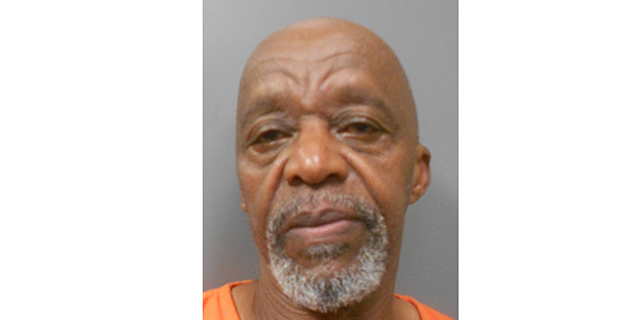COMING CLEAN: No justice for Joe McKnight despite jury’s verdict
Published 3:06 pm Sunday, January 28, 2018
More than a decade ago, when I was a rookie football recruiting analyst with Rivals.com, I was blessed to meet a young prospect. His name was Joe McKnight.
The dazzling running back from John Curtis Christian took the recruiting world by storm with a meteoric rise that saw him become the No. 1 prep player in the entire nation by his senior year. I followed McKnight’s trajectory from John Curtis to University of Southern California to the NFL with avid interest, and with good reason.
As McKnight’s stock soared during his high school days, my career likewise took off, and he was a big reason for it.
Joe made me look good because I was lucky enough to have started covering him before he became a household name.
Thus, I was dismayed when I learned that McKnight had been shot to death in December 2016 — at the youthful age of 28.
The person responsible for McKnight’s death, Ronald Gasser, was found guilty of manslaughter late Friday evening by a Jefferson Parish jury.
The evidence presented at trial revealed that Gasser and McKnight engaged in a five-mile road-rage encounter that began on the Crescent City Connection bridge.
When both men pulled to a stop alongside each other at a busy West Bank intersection, McKnight exited his vehicle and verbally confronted Gasser through the latter’s passenger window.
Gasser, who was 56 at the time, responded by pumping not one, not two, but three bullets into McKnight’s body, killing him at the scene.
Although Gasser declined to take the stand at his trial, his videotaped interviews with Jefferson Parish detectives were presented to the jury, and the defendant maintained that he fired at McKnight in self-defense.
Gasser stated that he was in dire fear that his life “was about to be snuffed out.”
Louisiana’s stand-your-ground law allows the use of deadly force if a person believes his life is in danger.
No reasonable person, though, could have feared that their life was in danger based on the evidence, which showed that McKnight was standing at the passenger window of Gasser’s car.
Gasser, in fact, had a disturbing history of similar behavior behind the wheel.
The jury heard about a 2006 road-rage incident at the exact same intersection that involved him punching a fellow motorist three times in the head.
During his post-trial comments, Gasser’s defense attorney lamented the court’s decision to allow the prior road-rage incident into evidence, but why shouldn’t prior bad acts be presented to the jury?
Gasser should have known better.
When asked by detectives why he never called 911, Gasser stated that, as a man, he “fights his own battles.”
Well, the law doesn’t allow you to fight battles as you see fit.
The testimony indicated that both McKnight and Gasser took turns as the aggressor during the lengthy chase, with each driver at times taking over as the lead car.
Gasser didn’t have to follow McKnight and he certainly had no right to shoot him.
He claimed that McKnight lunged into his vehicle, but forensics proved otherwise.
If the verdict is upheld on appeal, Gasser could be facing up to a 40-year sentence, but there’s a good chance he’ll walk the streets as a free man again one day.
McKnight, who could have continued to positively impact the lives of young aspiring athletes for decades to come in his hometown of New Orleans and beyond, won’t get that chance.
Did the verdict provide justice for Joe? No, because that won’t bring back the man who once was a young prospect that I met all those years ago.
MIKE COPPAGEis a former college scouting analyst who covers McNeese State athletics for The Daily Iberian.





